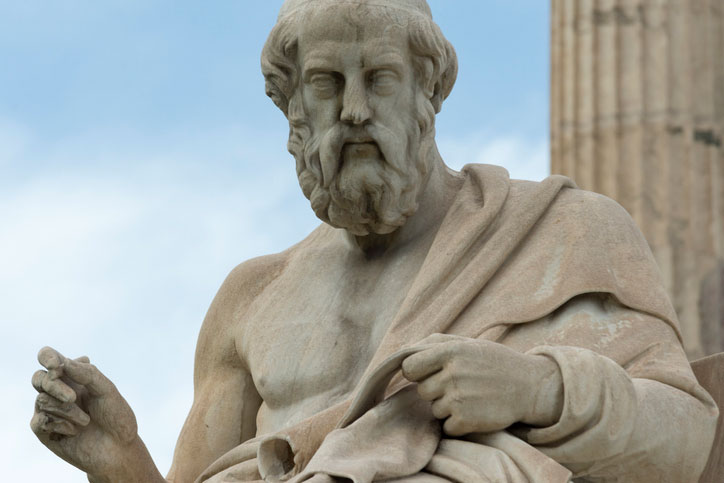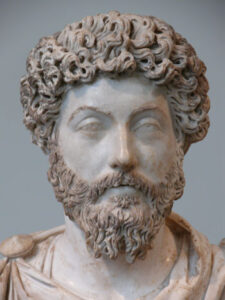

What is the goal of a classical liberal arts education? The goal of a classical liberal arts education is to create well-rounded, informed, independent thinkers who are capable of continuing their learning in a wide variety of fields. The general knowledge and critical-thinking skills that are picked up in classical liberal arts training are a proven platform for developing communications and problem-solving skills useful in many other fields.
A classical liberal arts education has been a basic part of the Western university system for so long that sometimes it is easy to forget what it is designed to accomplish.
Some of the clues come directly from the ancient philosophers and scholars who put the classical in classical liberal arts. Plato, who formulated the quadrivium, the set of four advanced liberal arts out of the original seven classical liberal arts, did so as part of his outline for the ideal education of a philosopher king.
The Philosopher King of the Republic

The philosopher king was a theoretical ruler whose disposition and training were described extensively in Plato’s Utopian work The Republic. The role represents what Plato felt to be the ultimate enlightened ruler who would govern justly and wisely, enabling the greatest benefits for all citizens.
Plato thought it was clear that such a person would need an extensive education, even extending later in life through their 30’s and 40’s, on a wide variety of subjects and concepts.
Today’s classical liberal arts education follows the same basic course as Plato’s outline for the training of a philosopher king. Your goal may not be ruling wisely and justly in an ancient Greek city-state, but if you value wisdom and justice in whatever you do, it’s still a good education to pursue.
In the medieval era, a classical liberal arts education was considered to be an adequate and necessary basis for most other learned professions. Until scholars earned a degree rooted in those skills, they couldn’t hope to pursue professions such as architecture, medicine, or the law. In fact, many practitioners would consider a classical liberal arts education pretty much all the qualifications required for such business.
Later still, the goal of a classical liberal arts education was simply to prepare men with the necessary common grounding of knowledge and skills to take their places in government and industry. Study of the humanities was thought to cultivate virtue and wisdom in the ruling, and later, commercial class.
The Goal of a Classical Liberal Arts Education in the Modern World Is up to You to Decide
Today, the goal of a classical liberal arts education can be whatever you want it to be.
The idea of self-directed, self-motivated study of the classics and timeless skills of grammar, rhetoric, and logic is seen as a broad tool for building critical-thinking and communication skills that can be put to use in almost any aspect of modern life.
It can be a path to a more advanced education, in law or medicine; it can prepare you for professions as varied as marketing or human resources; it can even be a goal in and of itself, for anyone who finds satisfaction and comfort in understanding other humans and the world we all live within.
In a way, that may be basically the same goal that the ancient Greeks had in mind.
In the ancient era, specialized knowledge was mostly of use to tradesmen and artificers. The leaders and free citizens of the city-states were expected to deal with broader concerns. They were working on formulations of justice, ethics, and governance that required knowledge of many subjects and an ability to apply rules of logic and reason to all kinds of different situations.
A classical liberal arts education today offers the same sort of thought-provoking studies. You’re going to be challenged to expand and change your mind, to justify your thinking and build your opinions on logic, reason, and evidence. Along the way you will pick up the skills to master almost any kind of career, and, more importantly, to shift your talents toward achieving new goals and new abilities whenever you like.






